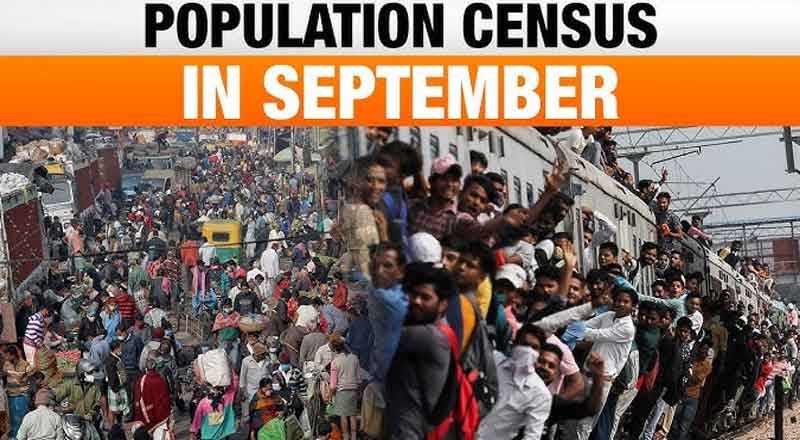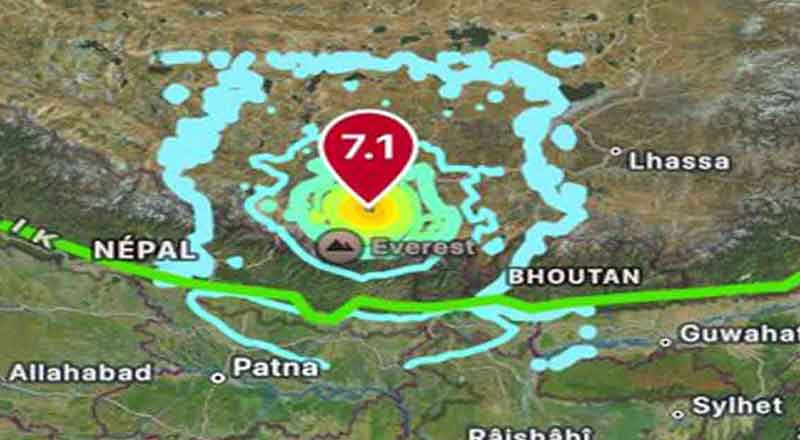India is set to finally begin its long-delayed population census in September, according to a report by Reuters. Originally scheduled for 2021, the decennial exercise was postponed due to the Covid-19 pandemic. This critical survey will fill significant data gaps that have persisted into Prime Minister Narendra Modi’s third term.
A Long-Awaited Exercise
Two government officials directly involved in the process have confirmed that the comprehensive survey will take approximately 18 months to complete, with the results expected to be released by March 2026. The delay in conducting the census has attracted widespread criticism from economists and policymakers, both within and outside the government. They argue that the postponement has compromised the accuracy and relevance of various statistical surveys, including those related to economic data, inflation, and employment estimates.
The reliance on outdated data from the 2011 census has rendered many government schemes and policies less effective, highlighting the urgent need for updated population statistics.
Budget Cuts and Administrative Challenges
Despite the importance of the census, the Union government has significantly reduced the budget for this exercise. Initially, the Union Cabinet approved ₹8,754.23 crore for the census and an additional ₹3,941.35 crore for updating the National Population Register (NPR). However, in the Union Budget 2024-25, the allocation was slashed to ₹1,309 crore, a drastic reduction from the ₹3,768 crore earmarked in 2021-22.
This budget cut has raised concerns about the feasibility of conducting the census this year. The Ministry of Home Affairs and the Ministry of Statistics and Programme Implementation have been working on a detailed timeline for the census, but final approval from the Prime Minister’s Office is still pending.
Political Repercussions and Criticism
The continued delay has also sparked political criticism. Last month, Congress leader Jairam Ramesh expressed disappointment that the finance minister’s budget announcements made no mention of adequately funding the census. He pointed out that this is the first time since Independence that the government has failed to conduct a census on time, which has serious implications for the state’s administrative capabilities.
Ramesh highlighted the exclusion of 10-12 crore individuals from the National Food Security Act as one consequence of the census delay. He also noted that the delay suggests the government may continue to avoid a socio-economic caste census, despite calls from its own NDA partners for such a survey.
The First Digital Census
The Census 2021 will be the first digital census, offering citizens the opportunity to self-enumerate. This modernization is expected to streamline the data collection process and enhance the accuracy of the survey.
However, the delay has already impacted the quality of many other statistical surveys, including those related to economic data, inflation, and job estimates. Most current data sets and government schemes are still based on the last population census conducted in 2011, underscoring the need for updated information.
As India recently overtook China as the world’s most populous nation, according to a United Nations report, the urgency of conducting an updated census has never been greater. The Ministry of Home Affairs and the Ministry of Statistics and Programme Implementation have drawn up a timeline for the census, with the aim of releasing the results by March 2026. However, the final nod from the Prime Minister’s Office is still awaited. The outcome of this census will have far-reaching implications for India’s economic and social policies in the years to come.
(With inputs from agencies)





